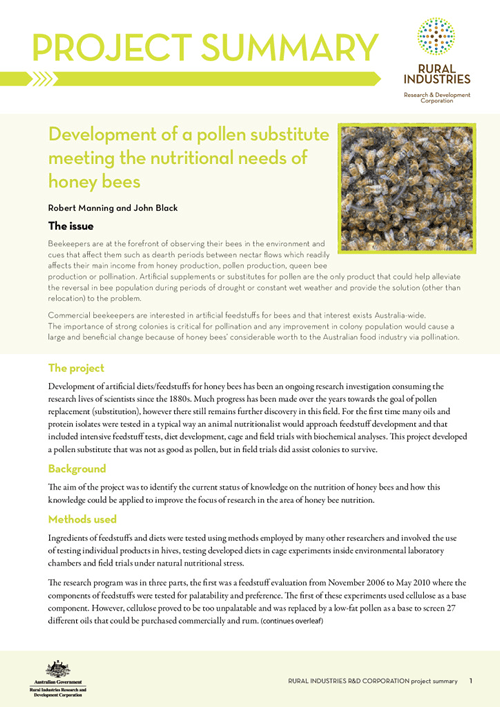Fires, Flowers and Bees: How Prescribed Burns Affect The Honeybee and Pollination Industry
The Australian honey bee industry is a significant contributor to the Australian economy through the production of hive products, such as honey and beeswax and...





